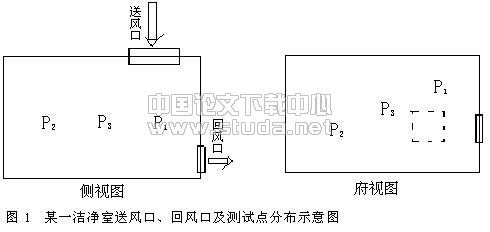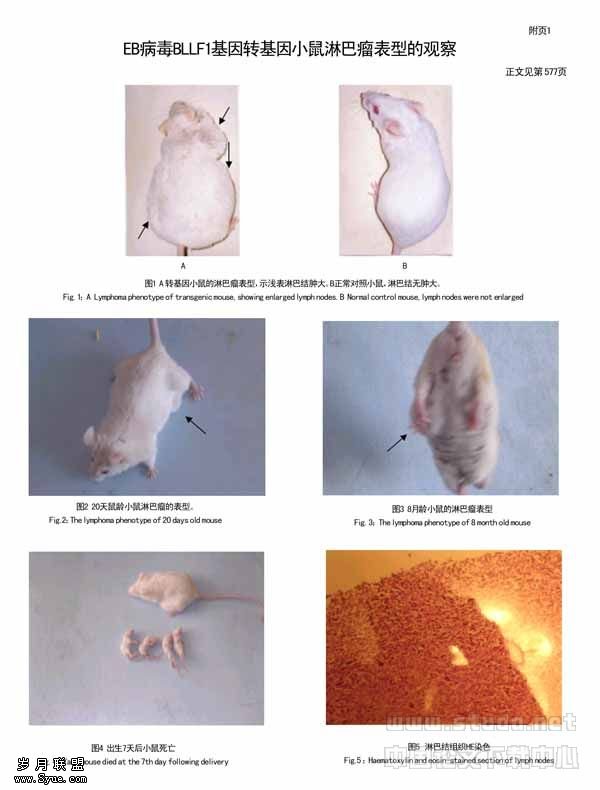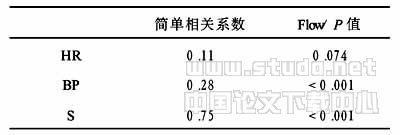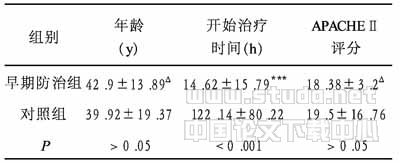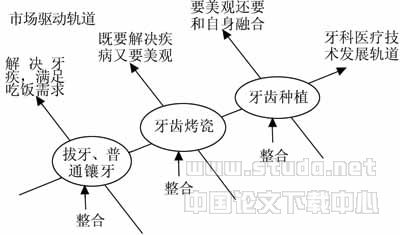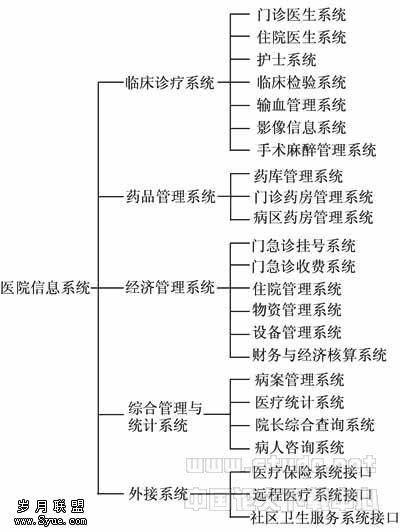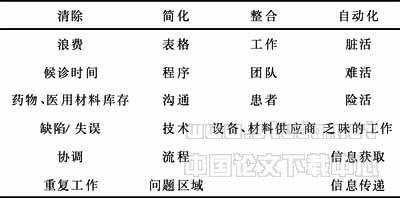医学英语阅读技巧分析
【关键词】 医学英语;重要性;阅读技巧
Some college students who are major in medicine may find they often face great difficulties while reading medical English texts. Sometimes they have been reading a page and suddenly realize that they have been thinking about the trouble theyve been having in their life and their concentration has been shifting from the text to something else. Sometimes they have been reading and concentrating on the textbook, but at the end of the page they find that they could not understand what they have read at all.Why do these problems arise? Maybe they dont know the importance of or they lack certain essential skills necessary to read medical English containing many new words or words used in a way different from the way they might use them in everyday language.
1 Why read and read whatMedical English has its special stylistic feature in vocabulary, sentence pattern, structure and grammatical rules. Its so important for students to be skillful in reading medical literature. Thats very helpful for their special field of study and their career. Besides mastering special knowledge in medical science, students majoring medicine should be efficient in reading medical English materials. In the first place, many of them want to be able to read texts in English either for their careers, for study purposes or simply for pleasure. In addition to helping learn special medical information, reading medical texts provide good models for English learning, provide opportunities to study language vocabulary, grammar, punctuation, and the way to construct sentences, paragraphs and texts.The last but not the least, students must read widely because only a fraction of knowledge about the world can come from other experiences in their short lives. When the teachers ask students to read, they should notice a balancea balance to be struck between real English on the one hand and the students capabilities and interests on the other. There is some authentic written material which students can understand to some degree. Some very specialized medical texts, for example, and, where appropriate, teachers can use these. But for some medical reports, news, teachers can provide as texts, which, while being like English, are nevertheless written or adapted especially for their level. Anyway, the materials to be read should be useful and meaningful.
2 Some essential techniques can be used in reading
Practice in readingNo one has learned to swim by practicing the skills of backstrokes, flutter kicks or treading water while staying on the edge of the swimming pool. Yet, in class and after class, teachers offer students a large number of medical materials to read. Rather than let the students into “the water”, teachers keep them immersing in the language which comes from the authors as the readers try to reconstruct the written message. Practicing reading by reading is the only way to improve your comprehension.
22 Match the task to the topicOnce a decision has been taken about what kind of text the students are going to read, teachers need to choose good reading tasksthe right kind of questions and useful puzzles, etc. Asking boring and inappropriate questions can undermine the most interesting text; Although medical texts are relatively dull, the most commonplace passage can be made really exciting with imaginative and challenging tasks. Working in groups, the students take turns asking each other questions following the reading. The teacher may ask, “What is the general idea of the text?” and“Why dose the author say so?” These questions require inferences based on details from the reading text. Appropriate tasks can make the reading an easier job.
23 Guess or predictReaders guesses or predictions are based on the cumulative information and syntactic structure they have been learning as they have been reading. In medical English, many words with prefixes or suffixes have fixed meanings, for example, prefix“gastro” means“of stomach”, so gastralgia (stomachache) and gastrointestinal (of stomach and intestines ) are both relevant to stomach; While suffix“itis”refers to“inflammation”, hepatitis (liver inflammation) and appendicitis (appendix inflammation) are inflammatory diseases. Recognizing affixes can help you remember the vocabulary easily and understand well in reading. Therefore, guesses are more often than not appropriate to the medical materials. Another way to streamline your comprehension is to look at a section heading and before reading it, make a prediction about what you will earn in that section. When you have finished reading the section, stop and compare what you read to your prediction. Were your prediction accurate? What did you learn that was different from your prediction? If the material is unfamiliar, let the heading into a question and read to find the answer to your question. When you fin it, make the key words and use the margin to write a paraphrase or summary of the answer. Marking your text in this way provides visual proof that you have been concentrating on the material and comprehending it. When you look back at the section, you will feel a sense of pride and accomplishment. Then stop at the end of the section and recite in your own words the answer to your question. If you cannot answer the question in your own words, you probably dont fully understand the information and need to reread the section. Students have to realize that risk taking in reading is appropriate; that using context to decide what words mean is a proficient reading strategy and that they have the language sense to make appropriate guesses which can fit both the grammatical and semantic sense of what they are reading.
24 Be active readersReading is the process of receiving a written message, it is to accomplish anything more than passing time, it must be active. The materials you read for pleasure can be read in a state of relaxation, and nothing is lost. But a great fundamental questions in medical texts demand the most active reading of which you are capable. So, in order to enhance the communication, keep it in mind: becoming an active reader while reading.First, becoming an active reader by previewing. Previewing or surveying the text to prepare yourself to receive the message is one way to participate actively in the reading process. Second, becoming an active reader by marking the text. Reading, if it is active, is thinking, and thinking tends to express itself in words, spoken or written. The marked text is usually the thought on it. Finally, writing helps you remember the thoughts you had, or the thoughts the author expressed. As you read, search for those sentences that express the main idea or primary details. Box any signal wards you think point out the main idea or primary details and mark the key words in those sentences. Marking key words rather than the entire sentence will help you concentrate more fully on what you are reading. It forces you to be an active reader because it will help you keep a check on your comprehension.
3 ConclusionFrom all the mentioned, we can draw a conclusion: reading medical texts is not an easy but an awful lot of work, it is, because learning is a lot of work, but only knowing some skills is far enough. Because medical English is special in style, in vocabulary, in structure and in grammar; also its so useful to your vocational study and your career. The key to reading better is to know the importance and practice these skills, In that way, reading is like tennis. You cannot learn to play tennis well simply by reading about how to do it. You have to practice. Similarly you cannot learn to read well simply by reading about how to do it. You have to put the skills you learn in this article into practice. Dont forget this“practice makes it perfect.”
Reference
1 Gu Xueliang. The Basic Technical Training in English Teaching[J].Hangzhou:Hangzhou University Press, 1998.4751
2 Wilga MR, Mary S. Temperley, A practical guide to the teaching of English as a second or foreign Language[M]. New York: Oxford University Press, 1978.6977
3 Smith F.Understanding Reading (2d ed)[M]. New York: Holt. Rinehart and Winston. 1978,3741
4 David F, Yvome SF, A Road to Success for Language[M]. New York: Oxford University Press, 1997.2629
